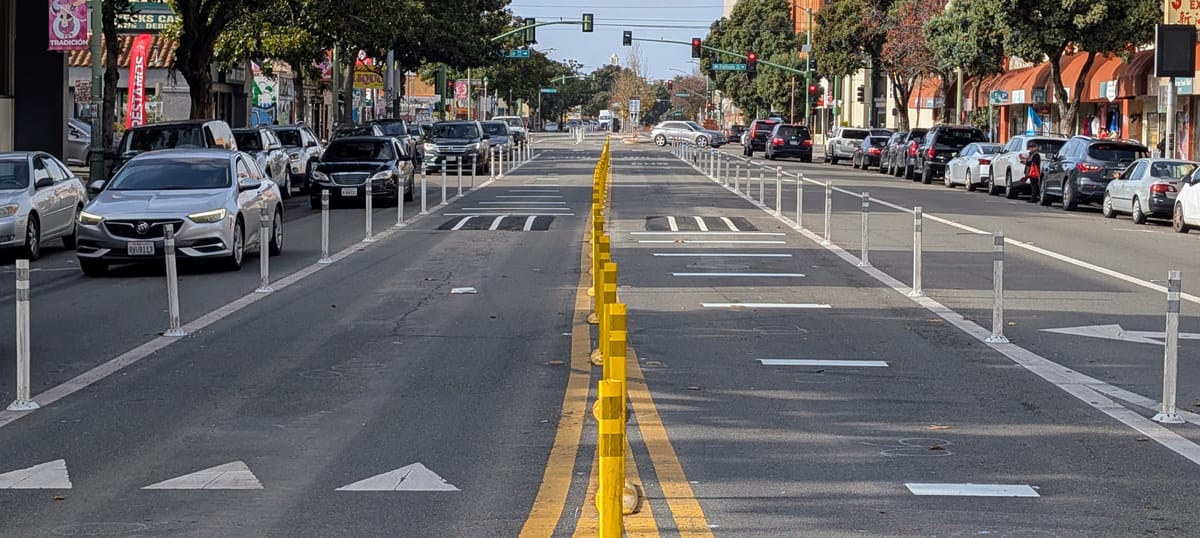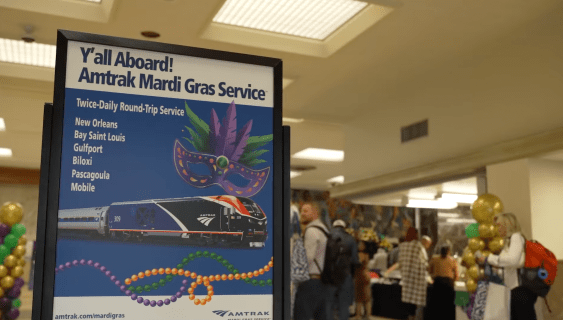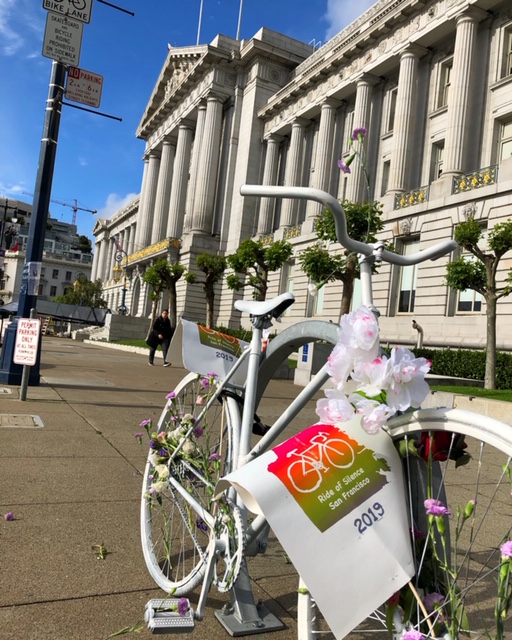 Atlanta's transit riders tend to be
Atlanta's transit riders tend to belower-income residents, a new survey shows. Image: Atlanta Regional
Commission.
Who takes transit? That's what the Atlanta
Regional Commission is trying to figure out with what it calls the
largest-ever survey of riders in the United States. The commission spoke
to 50,000 transit riders, a full ten percent of the region's total
ridership, on all of Greater Atlanta's seven transit systems.
Planners intend to use the data to beef up their computer models,
but these answers also help show, with the cold clarity of statistics,
just whom transit serves. Member blog Decatur
Metro does the valuable service of compiling the most important
data from the full report [PDF]
and putting it online for all to see. Here are a few points that really
stuck out:
AGE: Over 50% of those transit riders surveyed are between 18 and 34 years old; with those between 18 and 24 years old representing thelargest single group at 26.3%.
INCOME: The most frequently reported income category was $20,000to $29,000 per year. The range of $30,000 – $39,999 was the secondlargest income range while below $5,000 was the third largest segment.Over a third of the transit riders (35.7%) have a total annual household income less than $20,000 while 12.6% had a total annual householdincome over $75,000.
RACE: More than 70% of transit riders surveyed identifiedthemselves as African American/Black. Almost 21% of riders surveyedidentified themselves as White. Those identifying themselves as Asians,American Indians, and Other represented more than 8% of riders.
In the Atlanta metropolitan region, only 6.2 percent of residents
are between
ages 20 and 24, the median
household income is $51,948, and only 31.7 percent of the
population identified
themselves as black. So the population who rides transit is
relatively young, poor, and black.
Of course, in Atlanta, there's another way to answer the question
"Who takes transit?" Fewer people than before. Come September, MARTA,
the region's largest transit provider, will implement a devastating
package of service cuts, including eliminating almost a third of
its bus lines, due to the nation's transit funding crisis.
More from around the network: The
Overhead Wire reminds planners that the sea of parking around a
big-box store isn't bringing in property taxes. The Missouri Bicycle and
Pedestrian Federation lets you know what you can do about the
proposed bike ban in St. Charles County. And Livin
In The Bike Lane warns Floridians about another legislative attack
on bike lanes in their state.




